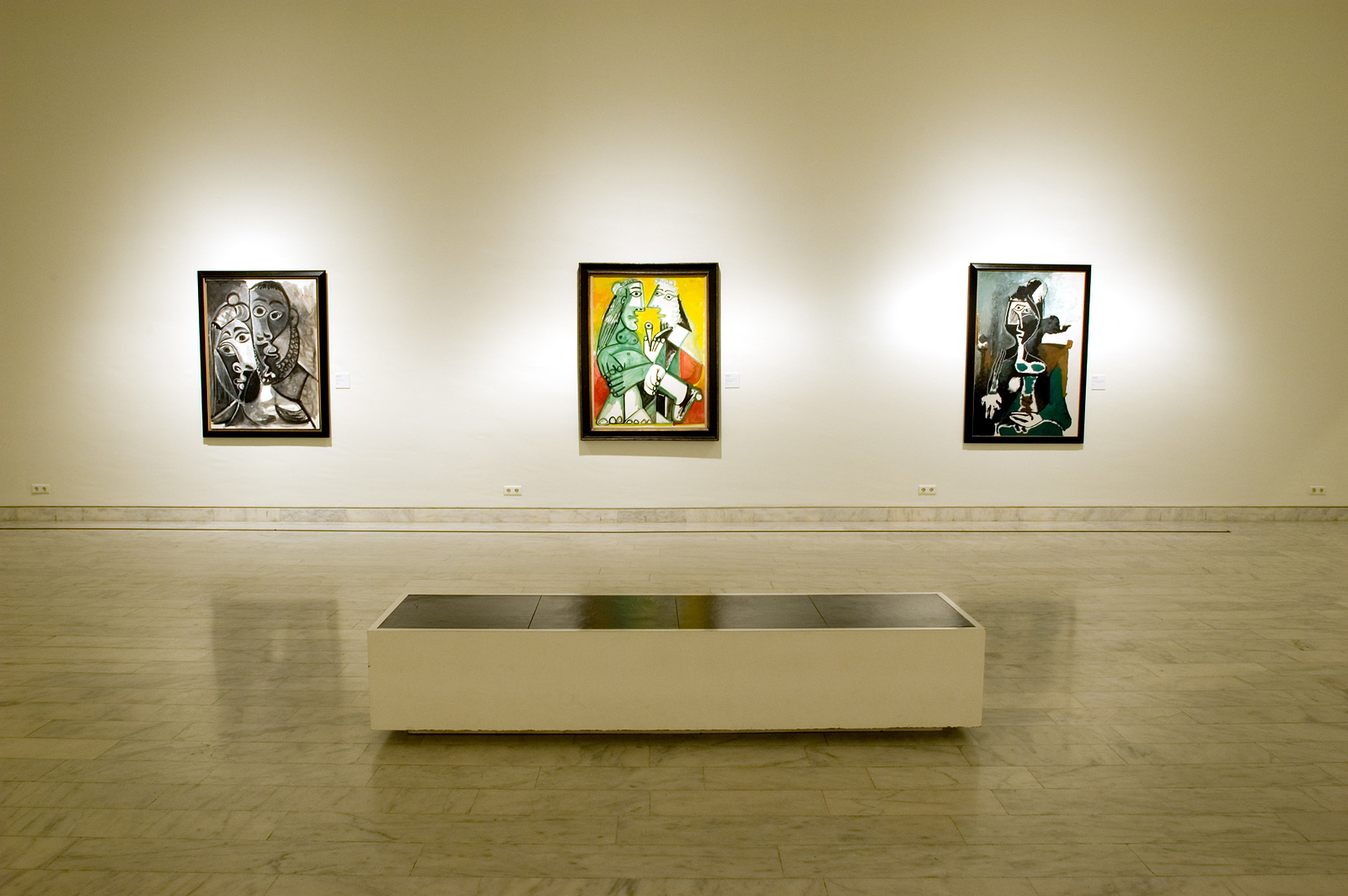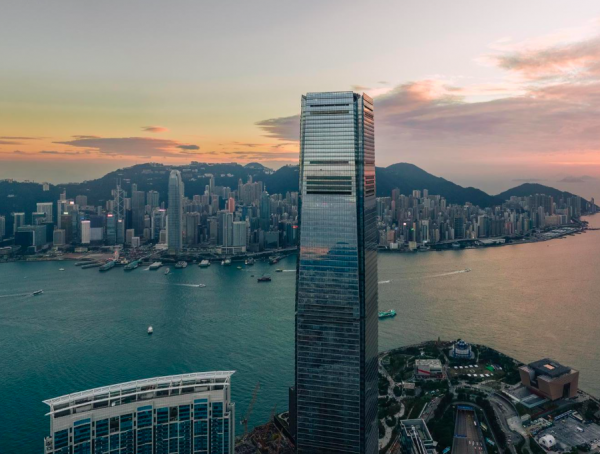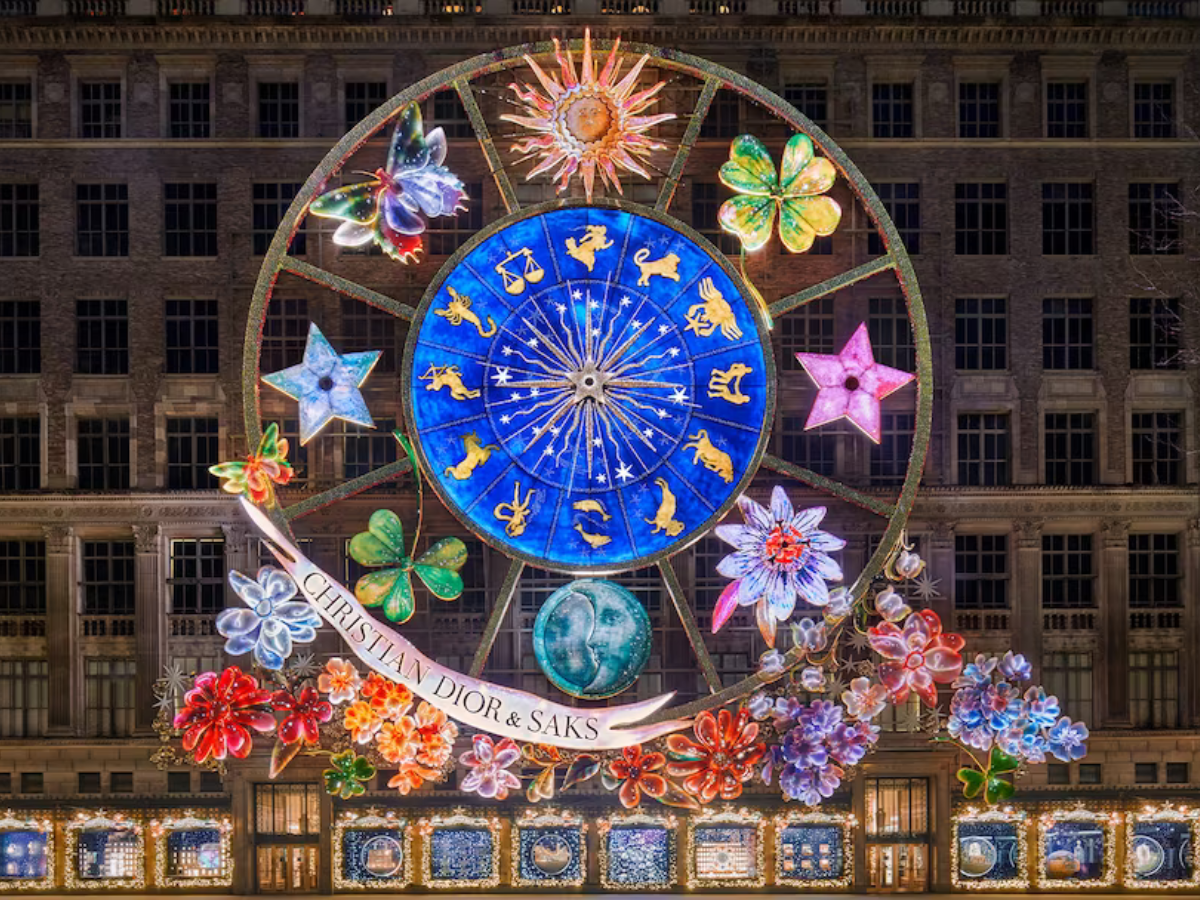Pablo Picasso is one of the best-known Spanish painters and sculptors of the 20th century. He influenced modern art to a great degree by inspiring the origins of the Cubist movement and leaving a lasting . Many of his artworks, interviews, essays on various art-related topics, and photos were stored in the Pablo Picasso Archive at the Picasso Museum in Paris.
Born in Spain in 1881, Picasso lived and produced his art mostly in France. After he died in 1973, the Picasso family decided to delegate the oversight of family archives to the French government, which happened in 1992 (Acceptance in Lieu). Last year was the 50th anniversary of Picasso’s death, which the French government decided to commemorate by making a vast archive of textual and visual materials public.
Materials in the Pablo Picasso Archive
Starting from June 2024, over 200,000 unique materials of Picasso’s authorship are available for public access at the online portal of the Picasso Museum, including 19,000+ photos that have never been on public display before. The museum’s website offers a convenient advanced search filter for researchers wishing to access specific types of materials from the Picasso collection.
To date, the museum’s catalog of the Pablo Picasso Archive includes:
- 297 paintings
- 368 sculptures and 3D works
- 92 books illustrated by Picasso
- 50 furnishing items by Diego Giacometti
- 17,000 photos
- 2,370 engravings and posters
- Over 6,700 books from Picasso’s personal library
The Picasso Museum totally holds the largest public collection of Picasso’s works and related archived pieces. There are over 5,000 items spanning painted, sculpted, and engraved pieces compiled from Picasso’s various homes and locations of stay. Visitors can appreciate drafts, notebooks, etchings, and illustrated books by Picasso, as well as films and documents recording the artist’s creative routines and life moments.
How the Archive Was Created
The largest known collection of Pablo Picasso’s legacy, currently stored at the Picasso Museum, is a result of many years of meticulous collection work. The main part of the collection comes from two donations from Pablo Picasso’s heirs and Jacqueline Picasso’s heirs, made in 1979 and 1990. Before the 1992 Acceptance in Lieu, the collection comprised over 150 works; after 1992, the collection expanded to over 200,000 pieces of various formats and mediums. The Picasso Museum has also been expanding the collection through its acquisition-by-purchase policy from and auctions, which added 1,000+ more works by Picasso since 1985. This large and diverse representation of Picasso’s legacy makes the collection of the Picasso Museum internationally significant for researchers and art appreciators.




